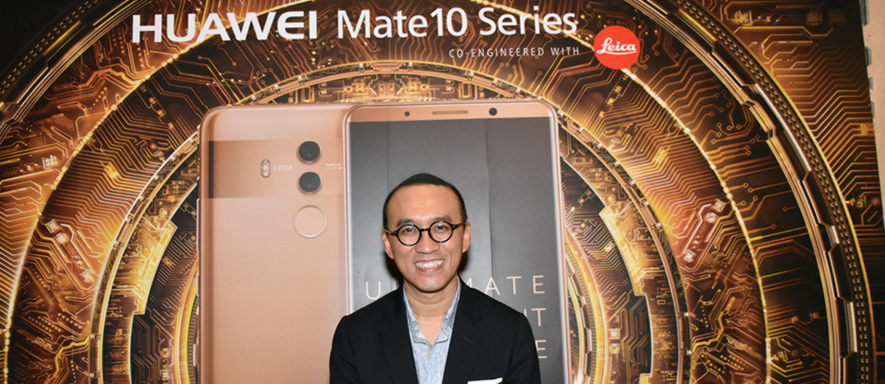Chinese telecommunications carrier China Telecom appears to be a likely candidate to fill the role as the Philippines’ third mobile operator. The state-owned company published promising financial results for 2017 on March 28, with operating revenues up 3.9 percent year-on-year to reach 366.2 billion yuan. China Telecom CEO said the company is “further understanding and communicating” on the deal.
Featured Articles
Singapore regulator proposes scheme to protect telecom customers
Singapore’s Infocomm Media Development Authority (IMDA) launched a public consultation to seek views on its proposed framework for the Telecommunication and Subscription TV Mediation-Adjudication Scheme which aims to introduce an alternative dispute resolution scheme for telecommunication and media services.
EDCH hosts GSMA Wholesale Agreements and Solutions Group in Dubai
Emirates Data Clearing House (EDCH), a subsidiary of Etisalat Services Holding, hosted the seventh GSMA Wholesale Agreements and Solutions Group (WAS#7) in Dubai from March 19-22, featuring keynote speakers and an update from the GSMA Technology Group on industry-wide issues affecting all GSMA work. Emirates Data Clearing House General Manager, Nasser Salim, encouraged attendees to collaborate and “take steps to improve our industry.”
Ericsson study discovers what consumers want from 5G
Ericsson has launched its ‘Towards a 5G consumer future’ industry insight report that discusses the six calls to action from consumers that operators need to act upon to provide a foundation for adoption of 5G technology. The report, the largest 5G consumer expectation study to date, represents the views of 800 million smartphone users worldwide.
Dell EMC: Realizing the potential of IoT in Asia
Glen Burrows, Vice President and General Manager, APJ OEM & IoT Solutions, Dell EMC, spoke to Telecom Review Asia Pacific about the company’s role in realizing the benefits of Internet of Things (IoT) in Asia-Pacific-Japan. The region is well-positioned to drive the rise of IoT due to urbanization, the proliferation of technology and manufacturing growth, Burrows said. Dell EMC sells data storage, information security, virtualization, analytics, cloud computing and other products and services.
Connecting the world through subsea cable systems
Global demand for bandwidth continues to grow at a remarkable rate driven by the rise of capacity-dependent applications like live video, augmented and virtual reality, and 4K/8K video. International submarine cable systems are more important than ever, considering that the total carrying capacity of subsea cables is in the terabits per second, while satellites typically offer only 1000 megabits per second.
Vodafone CEO praises Indian TRA for progressive approach towards spectrum caps
Vodafone Group CEO Vittorio Colao has praised the Indian TRA for its progressive approach towards spectrum caps in the country - and has predicted rapid network expansion when the government applies the new spectrum measures which are still to be finalized.
Huawei’s AI-powered smartphones foster ‘meaningful innovation’
Huawei’s latest Mate 10 smartphones are its first to feature artificial intelligence (AI) technology. At the Dubai launch event on October 30, Clement Wong, Huawei’s head of global product marketing, said the company is fostering “meaningful innovation” by catering to the realistic needs of smartphone users, providing features such as advanced photography and improved battery life.
Chinese operators reach 1bn 4G subscriber milestone
China’s telecommunications trio of China Mobile, China Telecom and China Unicom has formally announced that they have surpassed the 1bn 4G subscriber mark. The historic milestone was reached in December 2017, following an increase of almost 25 million LTE subs in that month alone.
Youth are driving the online era
In 104 countries around the world, more than 80 percent of the youth population is online, according to ITU’s 2017 Facts and Figures report. In developed countries, 94 percent of young people aged 15-24 use the internet compared with 67 percent in developing counties and only 30 percent in least developed countries. Yet, sub-Saharan Africa remains the fastest growing mobile market.



















